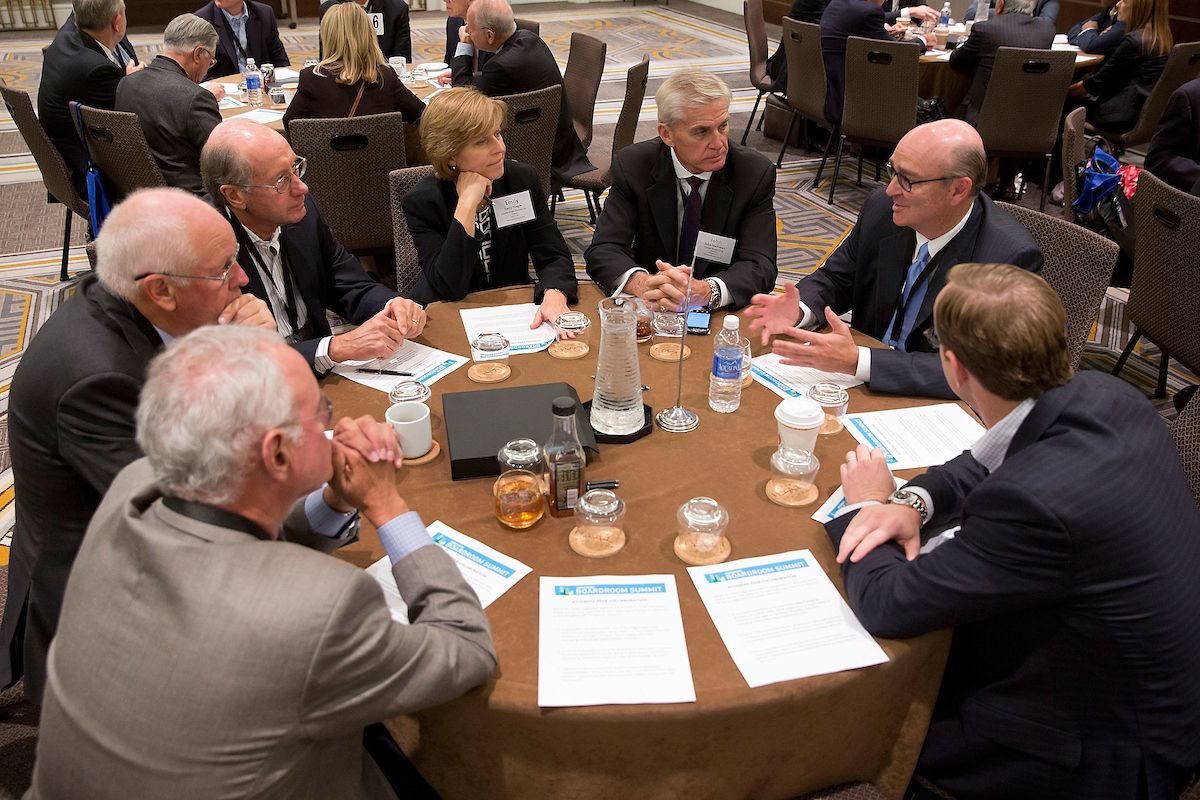Nigeria is a Sub-Saharan country with a population of over 200 million and a labour force of over 62 million people. With a Labour force the size of the United Kingdom, Nigeria provides several investment opportunities to investors as the largest economy in Africa. The Federal Government has continued to maintain a welcoming disposition towards foreign investors, inviting them to invest in the green or brown fields of the Nigerian growing economy. There has also been concerted efforts by the government to emplace policies and measures to promote and streamline the ease of doing business in Nigeria and remove known obstacles and “bottlenecks” that hinder the smooth conduct of business by foreign investors in Nigeria. These concerted efforts are primarily responsible for the progress in the World Bank’s of ease of doing business ranking, moving 15 spots up in October 2019.
With this said, the question on the mind of every potential investor would be how to invest in Nigeria.
Primarily, in Nigeria there are two major routes to investment:
- Foreign Direct Investment
- Foreign Portfolio investment.
An investor can invest in Nigeria directly either by setting up a company with or without partnership with Nigerians or owning productive assets of a company. This is generally known as Foreign Direct Investment (FDI) .
Alternatively, an investor can choose to invest by purchasing shares in a Nigerian company, through a Stockbroker in the case of a public company and direct allotment or private placement in the case of a private company.
Section 54 of the Companies and Allied Matters Act, Cap C20 LFN 2004 requires every foreign company that seeks to operate in Nigeria to be incorporated. Thus any investor intending an FDI must be incorporated as company registered with the Corporate Affairs Commission. Furthermore, by the provisions of Section 28 of the Nigerian Investment Promotion Act, Cap 115 LFN 2004, before the commencement of operations, companies with foreign equity must register their businesses with the Nigeria Investment Promotion Council (NIPC). This is in addition to the requirement to apply for and obtain a Business Permit from the Federal Ministry of Interior.
As a means of meeting business capital requirements, Nigerian law permits an investor to import capital required for its business operations. Capital importation however must be done through an authorized dealer. Upon approval, the investor would be issued a Certificate of Capital Importation (CCI). The dealer will then present the Certificate of Importation to the Central Bank who shall pay the face value of the Capital imported. Foreign Capital could be imported in form of cash (directly or through Debt-Equity conversion) or via equipment.
One of the benefits of capital importation, is that it allows for unconditional transfer of funds in freely convertible currency. It also allows full repatriation of capital, capital gains, dividend and interest received through an authorized dealer.
Further to this, a foreign national who intends to form a company in Nigeria must obtain a Business permit to do so. A Business Permit is a certificate granted to wholly foreign or joint venture companies intending to do business in Nigeria to enable them bring in investment and commence business activities in Nigeria. To qualify for the grant of a Business Permit the applicant company must have a minimum share capital of N10,000,000 and must demonstrate strong commitment to invest in Nigeria. Failure to obtain Business permit is an offence and defaulting foreigner may be liable to deportation.
Foreign owned companies who desire to employ the services of qualified expatriates would be required to apply for and be issued an Expatriate Quota under the provisions of the Immigration Act 2015. The administration of Immigration Act falls within the jurisdiction of the Federal Ministry of Interior, with support provided by the Nigerian Investment Promotion Commission and other related government agencies (the Corporate Affairs Commission, Nigerian Drug Law Enforcement Agency, the Corporate Affairs Commission etc.). However, the Nigerian Immigration Service, an agency under the Federal Ministry of Interior, is the primary government agency charged with the responsibility of regulating and approving the immigration and emigration of expatriates and the granting visas and entry permits into Nigeria. Under the Immigration Act, every company that intends to engage the services of foreign professionals shall apply for an Expatriate Quota issued by the Ministry of Interior. There are two categories of Expatriate Quota which as follows:
- Permanent until Reviewed (PUR): this Is mostly granted to company intending to hie foreign nationals to fill the role of senior management.
- Temporary: this is granted from a period of 5 years and subject to a 2-year renewal.
Alongside Business Permit and Expatriate Quota, a foreign national intending to live and work in Nigeria for a prolonged period shall require a residence permit usually issued in the form of Subject To Regularization (STR) visa which is usually regularized into a Combined Expatriate Residency Permit and Alien Card
It should be noted that under Rules 406 of the SEC Rules, all forms of foreign participation are required to be registered with the Securities and Exchange Commission.
With a GDP of over $376.284bn and a promising outlook, the Nigerian economy is budding with potentials. Understanding this, the Nigerian government has set up a robust framework and initiatives to ease doing business. Recently the government extended the Visa on Arrival initiative to all African countries. The visa on arrival initiative is targeted at business travellers and high net worth individuals allowing such individuals to come into Nigeria and be issued a Visa at a pre-designated port of entry in Nigeria. There are also various incentives available to Foreign investors who invest in Nigeria such as the Pioneer status that grants tax holiday for a period of 5-7 years, Tax relief on double taxation treaties, investment Tax Credit, Tax Relief on Foreign Loan, Exemption On Tax Credit, amongst other incentives.
Chinedu Ozor is a Partner at DCSL Law. Kindly forward comments and reactions to cozor@dcsl.com.ng.
